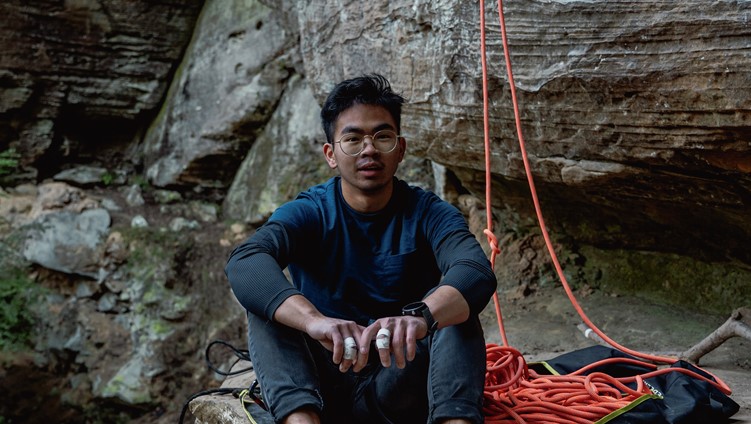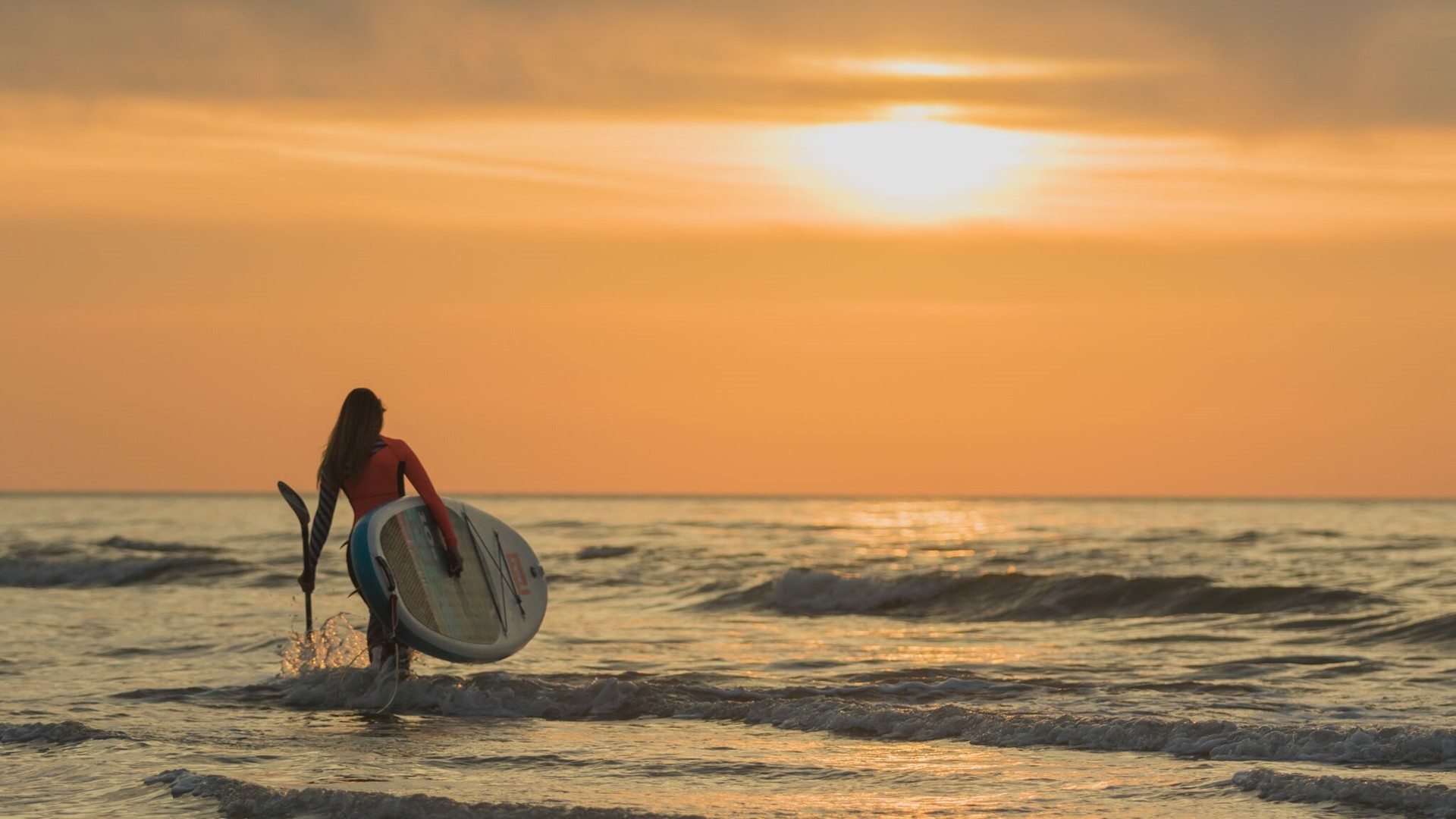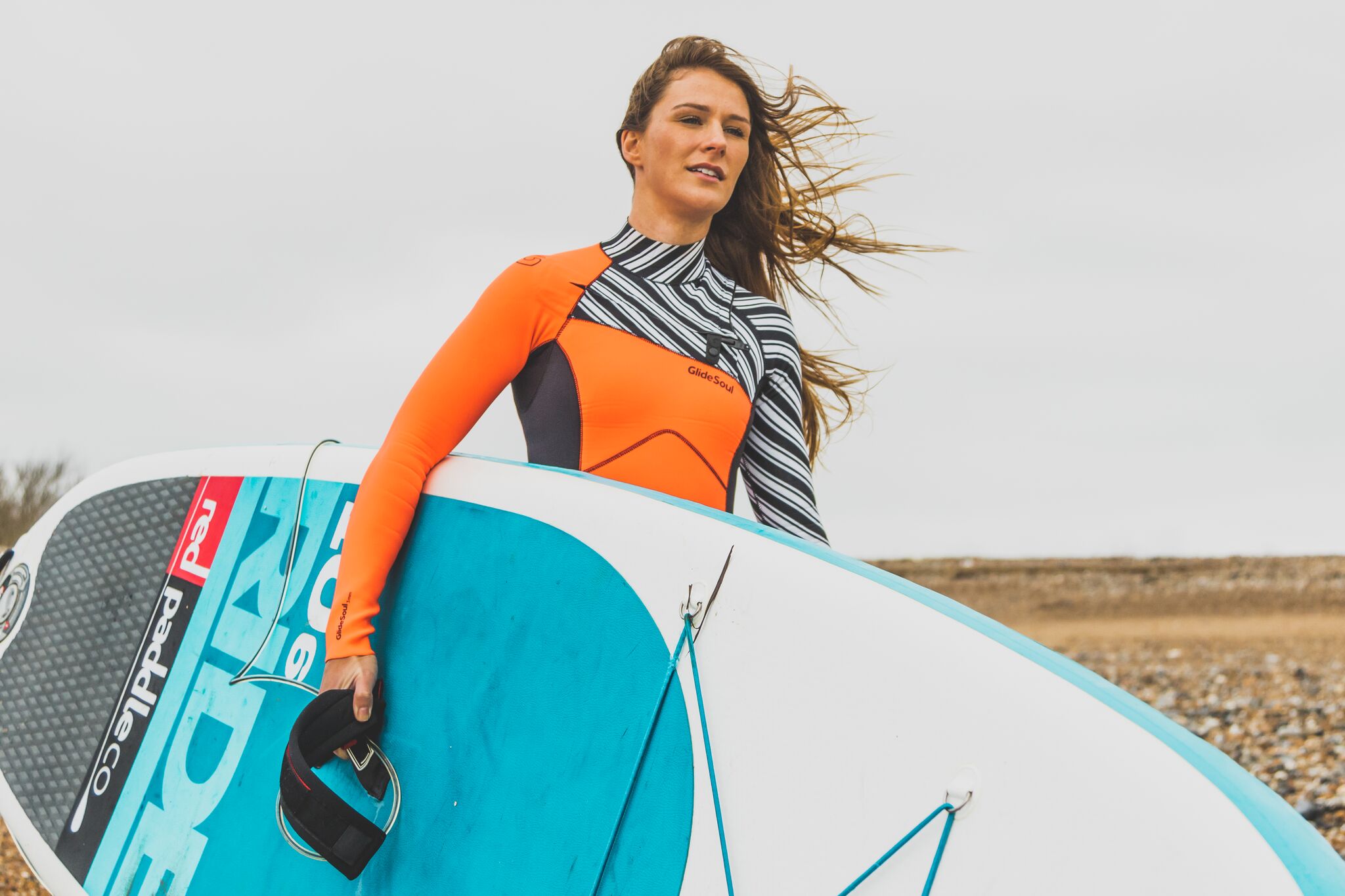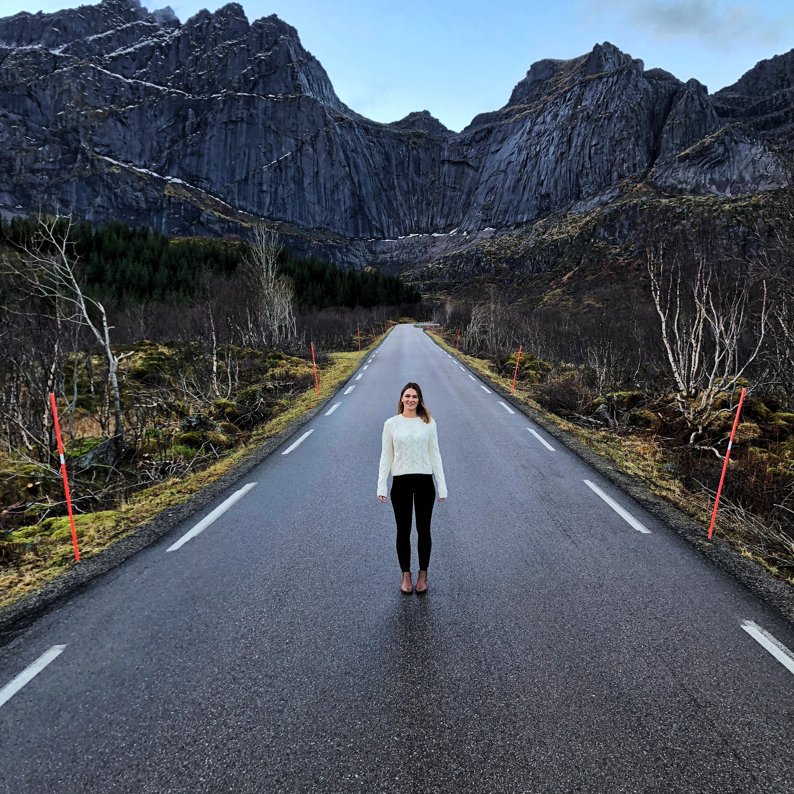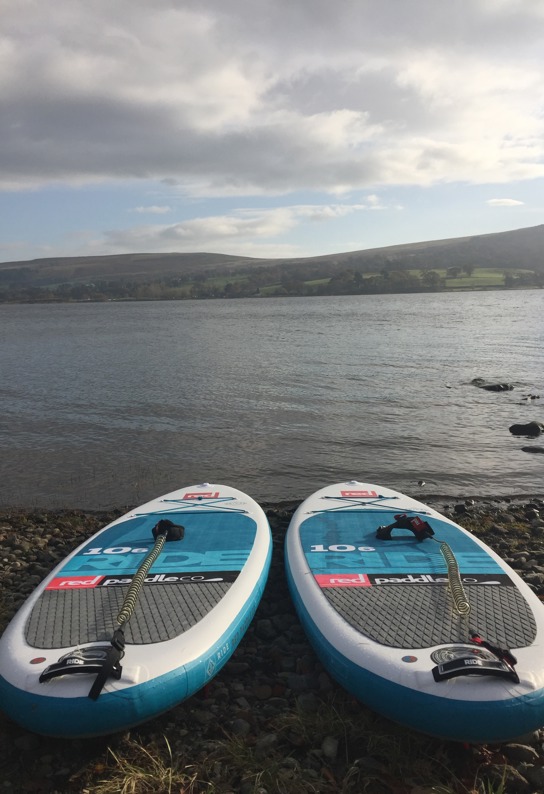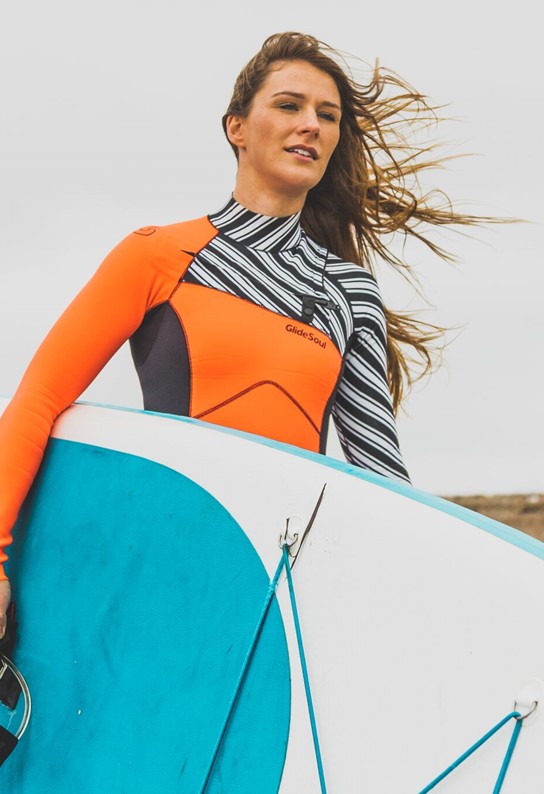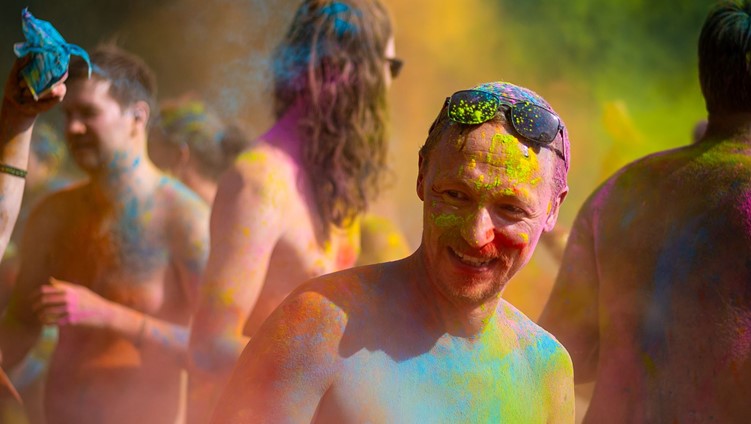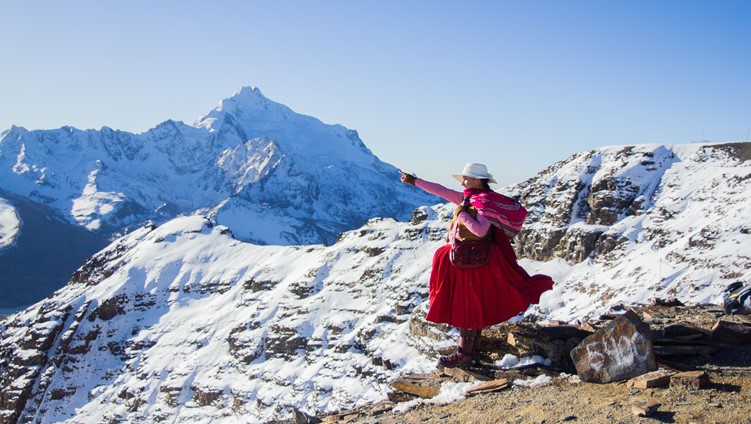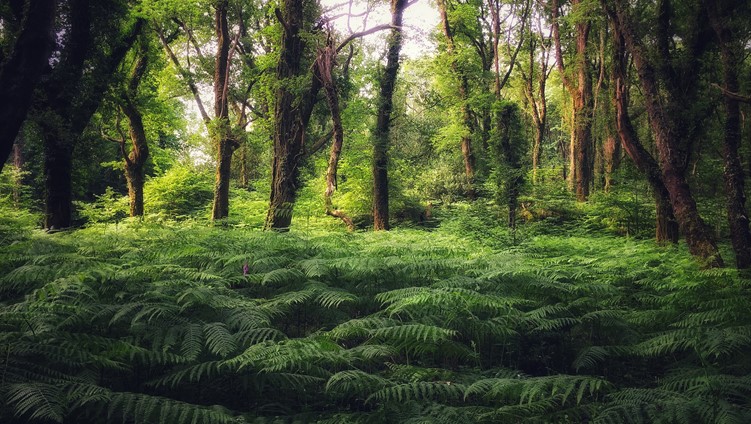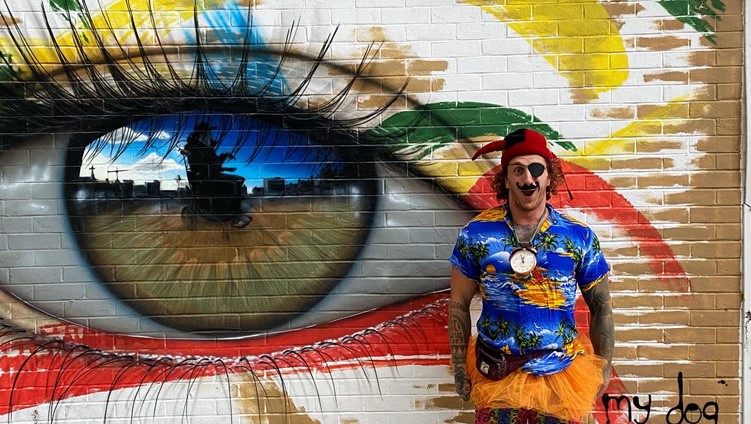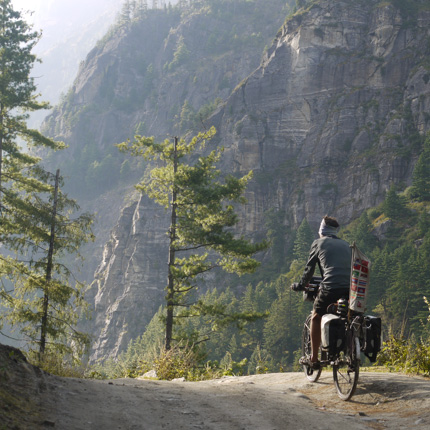Do you find it challenging taking campaigns beyond individual actions (e.g. collecting plastic) and into efforts to support systemic change? How do you look to do this?
Capturing valuable data is a mandatory part of how our cleanups operate. If volunteers sign up to join a free activity based clean up (we run paddle boarding, yoga, canoeing and parkour litter picks) their payment or 'nature tax' is to record everything they collect in the Planet Patrol app. This enables us to identify trends and patterns with litter all over the world and work with businesses, brands and government to implement solutions based on evidence rather than guesswork.
It seems this work was catalysed by your cancer diagnosis. A few years down the line, how do you reflect now on the huge change your diagnosis initiated?
Cancer was the catalyst to the life changes I made and changed my perspective. I always consider that diagnosis my worst nightmare but also my greatest blessing. I was fortunate with the outcome and the ways I have been able to reflect and learn and have shaped the way I live now and I feel happier for it.
Are there any other environmental projects or campaigns you think more people should know about?
Yes! There's so many. For example the poor water quality levels both in the UK and around the world, the impact of fast fashion on disadvantaged communities in the global south, the issue of waste colonialism in the western world and how this can only be tackled through system change. The most important thing we can do is continue to self educate and keep learning about these issues - and more - so we're equipped and empowered to show up and take action.
Do you have any other environmental projects in the pipeline?
Yes, I've just launched my podcast Earth Shakers. Each week I interview business leaders, scientists, activists, doers and adventurers who are shaking up the planet, and making sense of the chaos. These individuals are paving the way to a better future and in each episode, we are about to learn something from each and every one of them.
